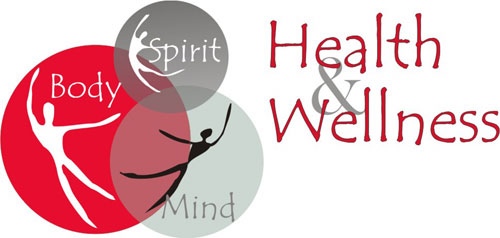If you think health is simply about not being sick at a point in time, then think again. The meaning of the term “unhealthy” just got extended by as much as the increase in the fuel price over recent years, and that’s plenty. According to the World Health Organisation (WHO) that is.
The truth is, it hasn’t increased just now. In 1946 WHO defined health as “a state of complete physical, mental and social well being and not merely the absence of disease or infirmity”, the latter is what many of us consider healthy, i.e., not being sick as we know it, is considered good health. A demonstration of that can be found on many a CV, next to “health”, applicants normally say “excellent”. So according to WHO that is clearly not the case. The definition is fairly fascinating and disconcerting at the same time, as it suggests there are many sick people around. Consider your own physical, mental and social state right now. Are you healthy according to that definition? Needless to say, the absence of any physical or visible illness doesn’t mean that you are.
Taking it a step further, the same organisation defines mental health as follows: “a state of well being in which the individual realizes his own abilities, can cope with the normal stresses of life, can work productively and fruitfully, and is able to make a contribution to his or her community.” Goodness me, that is quite a definition and cause for concern in light of what many of us observe in our daily lives. Once more, in this context, mental health is not just the absence of mental illness. It is an all encompassing concept that clearly indicates that the general state of health all around us is somewhat muddled, to use a lenient term. Perhaps all of this has given rise to the ease with which we refer to some people as “sick”. Has “healthy” people been referred to in that way?
A resounding yes, and probably quite often too. Guilty as charged.
A recent Sunday Times report highlighted that a third of South Africans have a diagnosable mental illness, such as bipolar, anxiety disorder, schizophrenia, etc. Shockingly, the same report said that 75% of these will not seek help or reveal their conditions. If the average house hold has a family of three as an example, one of them is a sufferer.
Scary.
The securing of the above information was prompted by a rather insignificant health setback and during this time a one liner was stumbled upon, “You can’t lead people if you are unhealthy.” To take that further, ignoring substandard health deprives others of a significant contribution that every person is born to make. We can all do something that another can’t. Furthermore, every aspiration you will ever have is underpinned by the need for good health.
According to the above, there are some serious realities to consider. If our physical, emotional and social well being is anything less than “completely” in check, then unhealthiness reigns. To avoid a long list of examples, a simple and popular one here is stress, the complaint one hears most often in the modern world. If stress (the bad kind) is a constant, then it is an illness. Something to think about. All other examples are scarier, but feel free to think about some. Spiritual health is a notable absentee from WHO’s definitions, a conversation for another time maybe.
The good news is that choices and action controls the conclusion of our state of well-being and health. All illness starts there, with the self. What action can we take individually and collectively to improve the state of our health, or that of another? We are either one of the three that are unhealthy, or one of the two next to us is. What will you do about that?
Tell me in the comments or tweet me via @fergs24.
